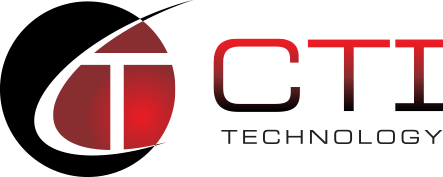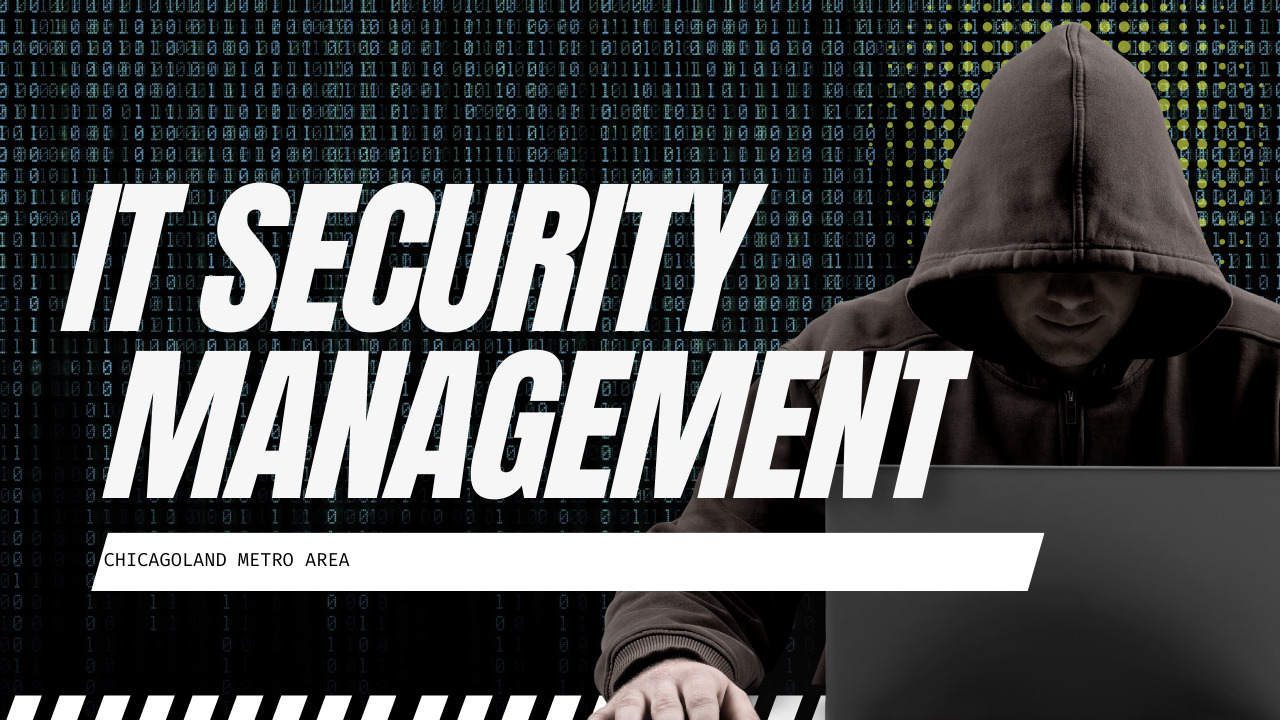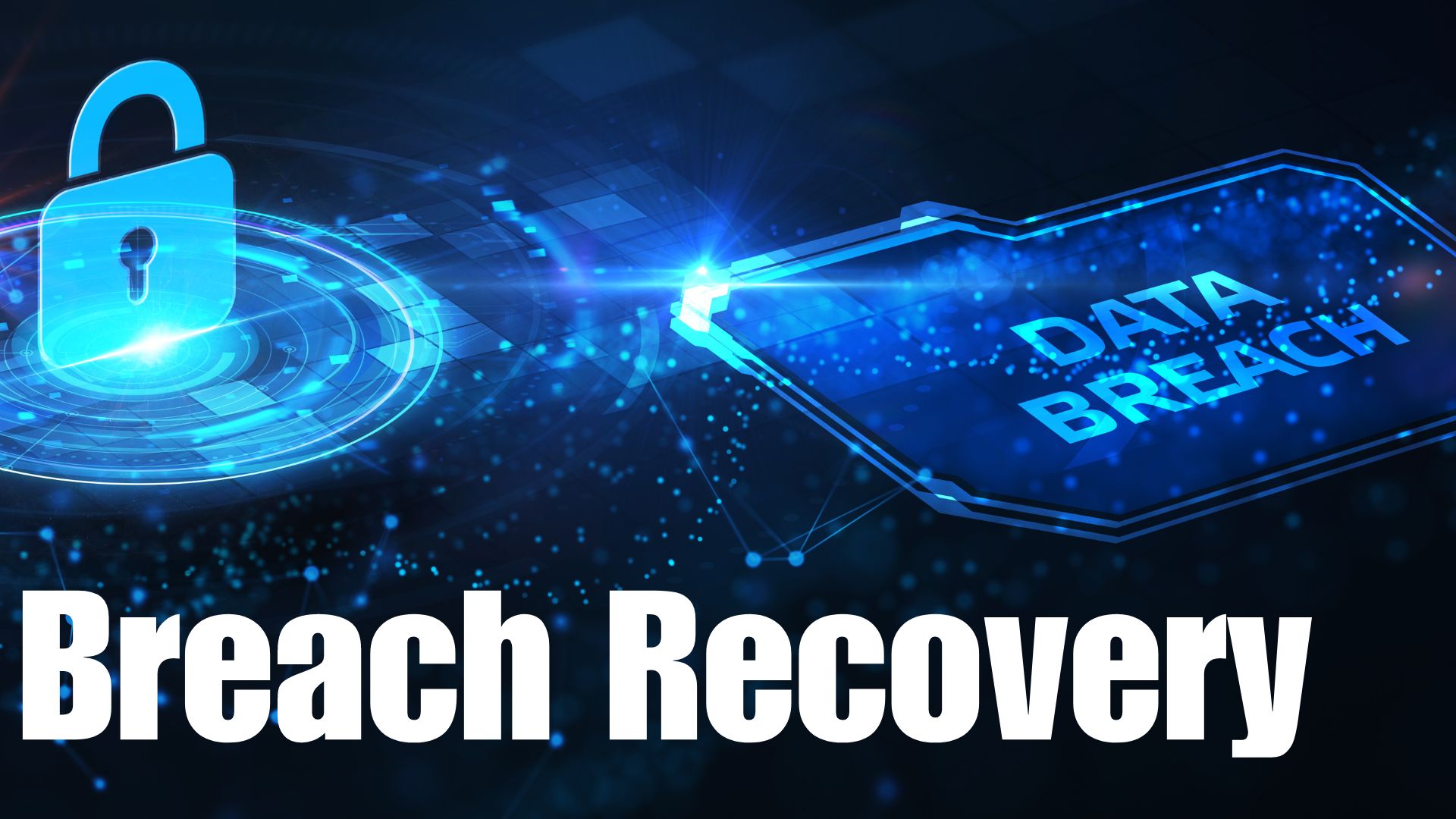New DMARC Email Security Standards: Chicago Businesses Adapt and Strengthen
Implementing Domain-based Message Authentication, Reporting, and Conformance (DMARC) has become increasingly important for businesses, especially amid the growing threat of email spoofing and phishing attacks. As businesses across Chicago rely heavily on email communication, it is crucial to understand the significance and impact of these new email security standards.
Starting from February 2024, organizations sending bulk emails or high volumes to Gmail and Yahoo accounts will need to comply with new DMARC requirements. These email authentication best practices, including DMARC, Sender Policy Framework (SPF), and DomainKeys Identified Mail (DKIM), contribute to ensuring the security and privacy of businesses in the Chicago area.
Key Takeaways
- Increased DMARC email security standards are essential for Chicago businesses to prevent email spoofing and phishing attacks.
- New DMARC requirements beginning February 2024 affect organizations sending bulk or high-volume emails to Gmail and Yahoo accounts.
- Implementing DMARC, SPF, and DKIM is crucial to assuring email security and privacy for businesses in the Chicago area.
Understanding DMARC And Its Impact On Chicago Businesses
Basics of DMARC
DMARC, which stands for Domain-based Message Authentication, Reporting & Conformance, is a vital email security standard that helps businesses protect their communication channels and safeguard sensitive information. By implementing DMARC, companies can effectively combat phishing and spoofing attacks carried out by cybercriminals.
As a fundamental security measure, DMARC works with other email authentication protocols like SPF (Sender Policy Framework) and DKIM (DomainKeys Identified Mail). The primary goal of implementing DMARC is to ensure email authentication and maintain the sender’s reputation.
In the context of Chicago businesses, adopting DMARC provides several benefits, such as:
- Enhancing email deliverability
- Safeguarding sensitive business and client information
- Reducing the risk of fraud and impersonation attempts
- Boosting customer trust and brand reputation
Recent Updates to Standards
As the digital landscape evolves, so do the standards and requirements for email security. In early 2024, notable updates to DMARC requirements were announced by major email services, including Gmail and Yahoo. These changes directly impact bulk email senders and businesses that rely heavily on email communication1.
Staying informed about the latest DMARC standards and making necessary adjustments to adhere to new requirements is crucial for businesses operating in Chicago. Working with a reliable IT service provider, like CTI Technology, can ensure that your company’s email security and compliance remain up-to-date.
As a top-rated outsourced IT and managed services provider in Chicago, CTI Technology offers various services to help businesses maintain high email security and compliance levels. By leveraging the expertise of our team, your business can stay protected from cyber threats and ensure the smooth operation of email communication, which is critical to your company’s success.
Implications for Chicago Businesses
Adoption Challenges
Implementing the new DMARC email security standards may present some challenges for Chicago businesses. One of the primary obstacles is the need for businesses to update their email infrastructure to support DMARC authentication. This could involve hiring additional technical experts or training existing staff to understand the new standards and protocols. Moreover, businesses that use third-party email services with a gmail.com From address may witness a higher likelihood of their emails landing in spam folders across mail providers honoring DMARC policies.
Another concern is the potential for increased overhead costs and time required to monitor and manage these new authentication methods. Ensuring proper DMARC implementation and compliance is essential to maintain delivery rates and minimize potential disruptions in business communications.
Compliance Benefits
Despite these challenges, there are several benefits Chicago businesses can experience by adopting the new DMARC email security standards. First and foremost is the significant enhancement of email security, as DMARC helps prevent phishing and spoofing attacks. By protecting sensitive data and maintaining user trust, we can safeguard the reputation and credibility of our businesses.
Furthermore, organizations sending bulk or high-volume emails to Google and Yahoo accounts should be aware of the new date, February 1, 2024. Since the guidance indicates that businesses sending over 5,000 emails daily into Google and Yahoo mailboxes may be impacted, adhering to DMARC policies could help maintain steady email deliverability and avoid potential issues.
Here are some benefits of incorporating DMARC email security standards:
- Enhanced security: Effectively blocks spoofed, fraudulent, and phishing emails, protecting sensitive data and enabling trust in email communications.
- Compliance with industry standards: By adopting these new email security measures, Chicago businesses can comply with recommendations from both prominent email providers and industry experts.
- Improved deliverability: Properly configured DMARC policies minimize the risk of legitimate emails being marked as spam, ensuring smoother email communications.
Overall, while adapting to the new DMARC email security standards might pose some challenges for Chicago businesses, it’s clear that by embracing these changes, we can bolster email security, protect valuable data, and maintain effective communication channels in the long run.
Implementing New DMARC Standards
Initial Setup Process
To achieve the enhanced email security offered by the new DMARC standards, we must set up proper DMARC authentication for our domain. This process includes three main steps:
- Implement SPF and DKIM: Sender Policy Framework (SPF) and DomainKeys Identified Mail (DKIM) are essential email authentication mechanisms. SPF allows us to specify which mail servers can send emails on behalf of our domain. At the same time, DKIM adds a digital signature to our emails, ensuring the recipients that the message hasn’t been tampered with during transit.
- Create a DMARC record: We must create a DMARC TXT record in our domain’s DNS settings. This record tells recipients what policies to use upon receiving an email that fails authentication checks. p=none, p=quarantine, and p=reject are the available policy options1.
- Choose the right DMARC policy: It’s crucial to select the appropriate policy based on the desired level of enforcement. For example, since February 1, 2024, Google has shifted its DMARC policy for Gmail to p=quarantine2.
Monitoring and Reporting
With the DMARC standards in place, monitoring their performance and making necessary adjustments continuously is essential. DMARC provides detailed reports that help us understand the following aspects:
- Authentication status: Reports include messages that pass or fail SPF, DKIM, or DMARC authentication tests, allowing us to identify potential issues.
- Threats and abuse: DMARC reports contain information on the source of any fraudulent or malicious emails, helping us detect email spoofing and phishing attempts2.
- Delivery issues: By analyzing the data within DMARC reports, we can identify any email delivery problems affecting our domain, such as quarantined or rejected messages.
In summary, implementing the new DMARC email security standards is a multi-step process that involves setting up authentication, choosing the right policy, and actively monitoring performance. By embracing these standards, businesses across Chicago can significantly improve their email security and protect their reputation.
Footnotes
Impact on Email Marketing
Strategies for Adaptation
Due to new DMARC email security standards implemented in 2024, businesses across Chicago have been experiencing the impacts on their email marketing. As a result, we must adapt our marketing strategies to ensure our emails land in our clients’ inboxes instead of being marked as spam.
First, establish a DMARC policy for your business’s domain. It will help prevent spam and ensure your emails reach their intended recipients. Consider implementing DKIM (DomainKeys Identified Mail) and SPF (Sender Policy Framework) as they are essential components for incorporating a successful DMARC policy.
Second, verify the sender’s email addresses. Using third-party email services with generic addresses, business-name@gmail.com might get flagged by email providers’ DMARC policies. Ensure you send emails from an address with your domain, like info@yourbusiness.com.
Finally, segment your email lists. Separate subscribers into smaller, more targeted categories, making it easier to personalize content and increase engagement, ultimately helping to avoid getting flagged by spam filters.
Analytics and Performance Metrics
To ensure your email marketing campaigns remain effective, monitor various analytics and performance metrics post-implementation of these DMARC policies.
- Delivery Rate: Keep an eye on the percentage of your emails successfully delivered to recipients’ inboxes, as opposed to being sent to spam folders or rejected by mail servers.
- Open Rate: Track any fluctuations in the percentage of recipients who open your emails. A decline may indicate that your emails are being marked as spam due to DMARC policies.
- Click-Through Rate (CTR): Monitor the percentage of recipients who click on the links within your emails. Decreasing CTR may signal the need to optimize your content and adjust your DMARC strategy.
Below is a sample table to help you track these metrics:
| Metric | Pre-DMARC | Post-DMARC | Change |
|---|---|---|---|
| Delivery Rate | 95% | 98% | +3% |
| Open Rate | 25% | 30% | +5% |
| Click-Through Rate | 5% | 7% | +2% |
In conclusion, these new DMARC policies have profound implications on email marketing for businesses in Chicago. To reach your clients’ inboxes successfully, it’s essential to adapt your email marketing strategy and closely monitor relevant metrics to stay informed about your campaign performance.
Legal and Privacy Considerations
As we navigate the landscape of new DMARC email security standards, Chicago businesses must understand and address the legal and privacy considerations associated with these changes. One key aspect of Gmail’s new policy update is DMARC quarantine enforcement, potentially impacting small businesses that utilize Gmail addresses from non-Google platforms. Adapting to these stricter security standards can prevent emails from being perceived as spam and help avoid any negative impact on businesses’ reputations.
Organizations handling credit card data in cybersecurity must also abide by the Payment Card Industry Security Standards Council (PCI SSC) requirements. These now mandate the implementation of DMARC for all such organizations, enhancing security against email fraud and phishing attempts.
Adhering to global DMARC requirements is essential for businesses with an international presence. Various regions enforce DMARC mandates and guidance differently. For example:
- DMARC: Domain-based Message Authentication, Reporting, and Conformance
- DKIM: DomainKeys Identified Mail
- SPF: Sender Policy Framework
To better ensure compliance and effective email security measures for Chicago businesses, we recommend the following steps:
- Implement DMARC, DKIM, and SPF for your organization’s email domain(s).
- Monitor DMARC reports regularly to adjust policies as needed and ensure ongoing compliance.
- Stay informed about regional DMARC requirements related to your business operations.
By taking these steps, your business can address legal and privacy considerations while benefiting from enhanced email security and authentication standards, ultimately protecting your business and its clients from potential cyber threats.
Support and Resources for Businesses
As businesses in Chicago navigate the new DMARC email security standards, it’s essential to have the right support and resources to ensure a seamless transition. This section will cover local IT support services in Chicago and online DMARC resources that can help businesses stay compliant and secure.
Local Chicago IT Support Services
Several reputable IT support service providers are in the Chicago area for businesses looking for hands-on, personalized assistance. These companies can help you analyze your current email security setup, implement new DMARC policies per the latest requirements, and provide ongoing support to ensure a secure email environment.
Each provider offers different services, pricing, and expertise, so it’s a good idea to research and compare before choosing the one that best fits your needs.
Online DMARC Resources
If you prefer to explore DMARC implementation on your own or complement the assistance from local IT support services, various online resources are available. These resources can help you better understand the DMARC standard, provide tools and guidance on implementation, and stay up-to-date on the latest email security news.
Some valuable online DMARC resources include:
- DMARC Analyzer & Reporting: Offers SPF, DKIM, DMARC, and BIMI tools for an all-in-one solution to email security. EasyDMARC is designed for enterprise companies and provides a one-stop solution for everything related to DMARC. For more information, visit EasyDMARC.
- Understanding Gmail and Yahoo DMARC Requirements: dmarcian explains the latest DMARC requirements for Gmail and Yahoo. It covers DMARC, SPF, and DKIM best practices that have become mandatory starting in February 2024. Read their article here.
- Microsoft’s Enhanced Email Security: Microsoft has recently announced a new DMARC policy handling defaults to prevent phishing and other email-based threats. This decision aims to respect the DMARC policy settings of its email users to ensure enhanced email security. Learn more from their official announcement.
Using these resources with local IT support services will make adapting to the new DMARC email security standards seamless and straightforward. Keeping your business updated and secure will help you avoid potential email security pitfalls and maintain a trustworthy and professional reputation in the digital space.
How CTI Technology Helps With Cybersecurity And IT Services
At CTI Technology, we offer responsive, reliable, and professional IT services to businesses across Chicago. With our vast experience in multiple industries, we understand the unique needs of businesses in various sectors, including healthcare, law firms, distribution, and sales. This enables us to provide comprehensive and tailored IT solutions to our clients.
As an Outsourced IT & Managed Services Provider, we deliver desktop support, server maintenance, user setup, Office 365 integration, software licensing, and VOIP services. With our flat-rate fee pricing system, we help you avoid unexpected costs while ensuring quality IT support.
CTI Technology is also knowledgeable in email security standards like DMARC, which can assist businesses in protecting their email communications and enhancing overall cybersecurity. Implementing such standards is essential to preventing spoofing and phishing attacks, which can jeopardize the security of sensitive data.
As expert Information Technology Solutions Providers, we prioritize cybersecurity. We focus on data backup and protection from viruses, malware, and intruders. This CTI approach guarantees a robust, efficient, and safe working environment for all our clients.
Additionally, we offer fractional Chief Information Officer (CIO) and Chief Technology Officer (CTO) services. These services ensure that your company has a well-defined IT strategy and that the technology is implemented and managed effectively. We aim to establish a solid and proactive technology environment for your business.
In conclusion, CTI Technology is committed to providing excellent IT services to businesses throughout the Chicagoland area. Our team of skilled professionals is equipped to guide your company toward success by providing tailored IT support and cybersecurity solutions that meet your specific needs.
Why Is CTI Technology The Best Choice For IT Services In The Chicagoland Region?

























